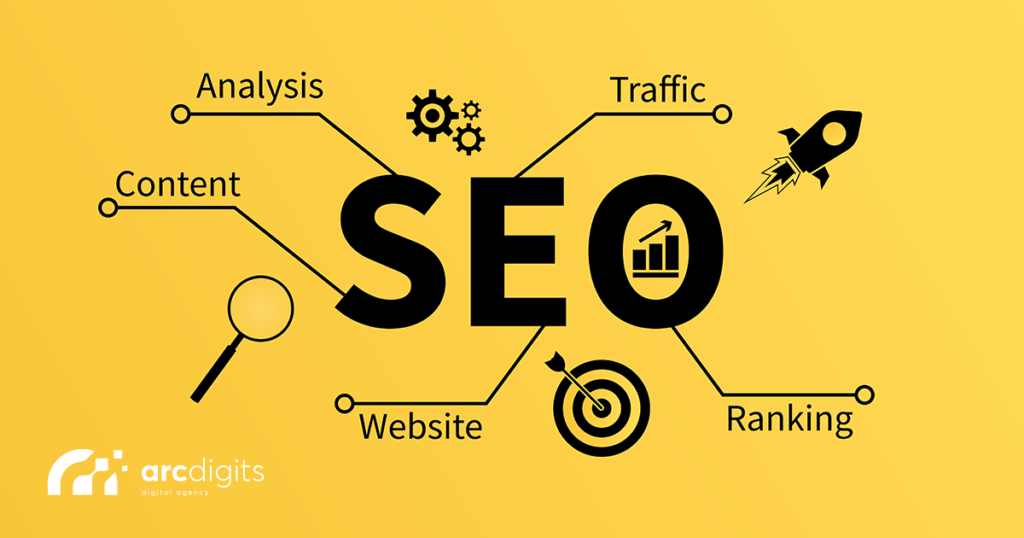SEO, short for Search Engine Optimization, is a process used to enhance a website’s technical configuration, content relevance, and link popularity. The purpose is to make its pages easily discoverable, more relevant, and popular among user search queries, ultimately leading to better rankings on search engine results pages (SERPs). Search engines, like Google, recommend SEO efforts that optimize the user search experience and improve a page’s ranking by featuring content that fulfills user search needs.
Search engines play a crucial role in helping people find information online, whether it’s researching a product, finding a restaurant, or booking a vacation. For businesses, search engines present a valuable opportunity to direct relevant traffic to their websites. SEO involves aligning a website’s configuration and content to rank higher on SERPs, with the goal of appearing on the first page of Google results for search terms that are important to the target audience. It’s not only about the technical aspects of website configuration but also understanding the needs and preferences of the audience.
Search engines, particularly Google, receive the majority of search queries worldwide, making them the focus of SEO efforts. Google’s objective is to provide the best search experience to its users by delivering the most relevant results as quickly as possible. The search experience consists of the search term entered by the user and the corresponding search results displayed by Google. When a search query is clear and unambiguous, like “Mailchimp guides and tutorials,” Google understands the user’s intention and presents a useful page as the top organic result.
Google generates revenue by earning the trust and value of its users through useful search results. It also offers businesses the opportunity to advertise at the top of search result pages through pay-per-click (PPC) advertisements labeled “Ad.” Google’s advertising business constitutes a significant portion of its revenue. Organic search results, on the other hand, are based on Google’s assessment of a site’s relevance and quality and do not contribute directly to its revenue.
The structure of a search engine results page (SERP) includes paid search results and organic search results. The number of ads displayed on a SERP depends on the search query and the likelihood of purchase intent. For example, a search for “shoes” is likely to yield a substantial number of ads because many users looking for shoes are willing to buy them online. On the other hand, a search for “Atlanta Falcons” may display different types of results, such as news stories, a knowledge graph, and the team’s homepage, indicating that Google does not have a clear understanding of the user’s intention.
The role of SEO is to improve a website’s ranking in organic search results. Despite the presence of competing elements on a SERP, SEO can still have a significant impact by attracting organic traffic. With billions of daily search queries processed by Google alone, organic search results represent a substantial portion of overall search activity. While there is an initial and ongoing investment required for SEO, every click that brings traffic to a website is entirely free.
For additional insight into the search engine optimization process, explore The branding process.


